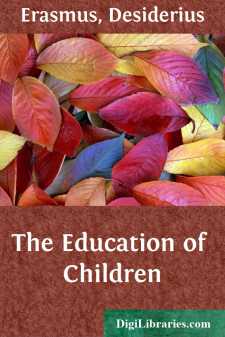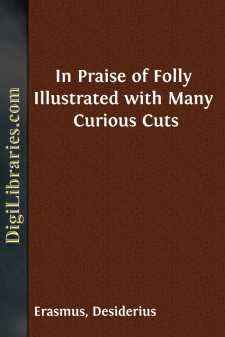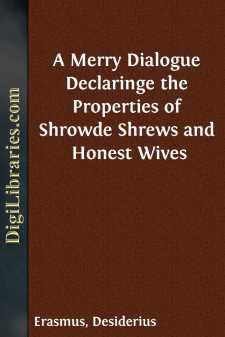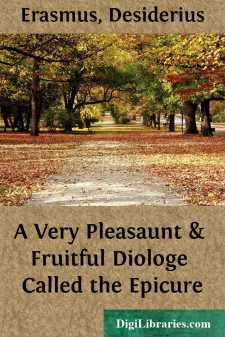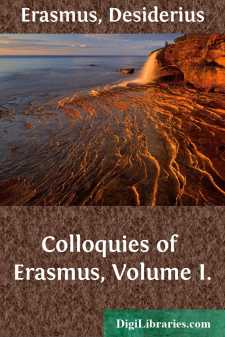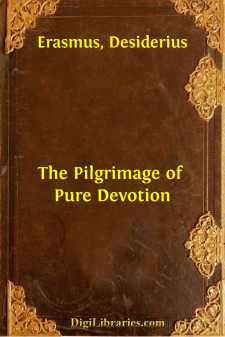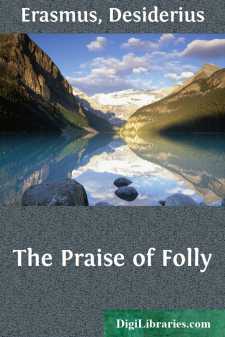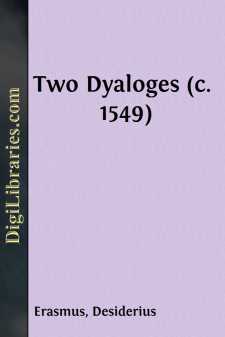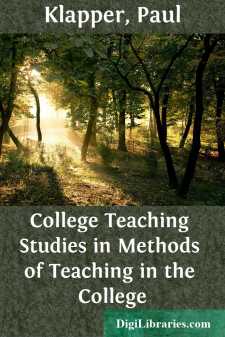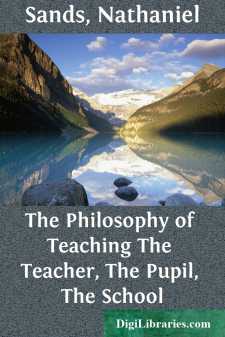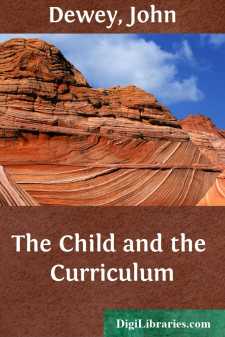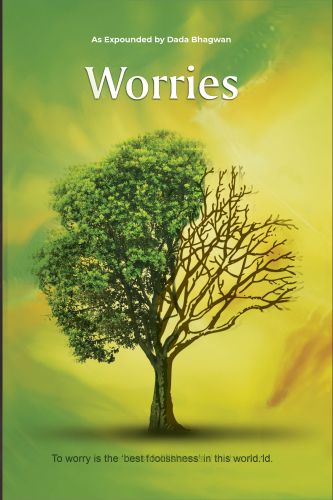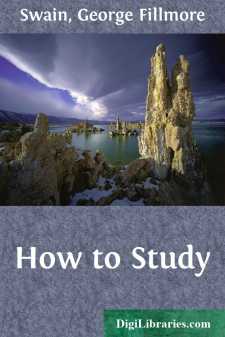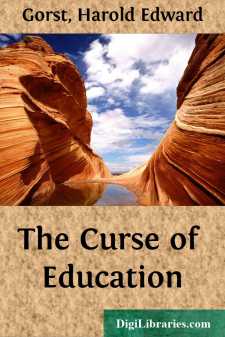Categories
- Antiques & Collectibles 13
- Architecture 36
- Art 48
- Bibles 22
- Biography & Autobiography 816
- Body, Mind & Spirit 145
- Business & Economics 28
- Children's Books 18
- Children's Fiction 14
- Computers 4
- Cooking 94
- Crafts & Hobbies 4
- Drama 346
- Education 58
- Family & Relationships 59
- Fiction 11831
- Foreign Language Study 3
- Games 19
- Gardening 17
- Health & Fitness 34
- History 1378
- House & Home 1
- Humor 147
- Juvenile Fiction 1873
- Juvenile Nonfiction 202
- Language Arts & Disciplines 89
- Law 16
- Literary Collections 686
- Literary Criticism 179
- Mathematics 13
- Medical 41
- Music 40
- Nature 179
- Non-Classifiable 1768
- Performing Arts 7
- Periodicals 1453
- Philosophy 66
- Photography 2
- Poetry 897
- Political Science 203
- Psychology 45
- Reference 154
- Religion 516
- Science 126
- Self-Help 86
- Social Science 82
- Sports & Recreation 34
- Study Aids 3
- Technology & Engineering 59
- Transportation 23
- Travel 463
- True Crime 29
Our website is made possible by displaying online advertisements to our visitors.
Please consider supporting us by disabling your ad blocker.
The Education of Children
Description:
Excerpt
f thou wilt harken vnto me, or rather to Chrisippus, the sharpeste witted of Philosophers, y shalte prouide y thyne infante and yonge babe be forthewyth instructed in good learnyng, whylest hys wyt is yet voyde from tares and vices, whilest his age is tender and tractable, and his mind flexible and ready to folowe euery thyng, and also wyl kepe fast good lessons and preceptes. For we remẽber nothynge so well when we be olde, as those thynges y we learne in yonge yeres. Diuision of y confutaciõ Care not thou for those fooles wordes which chatter that thys age, partly is not hable inough to receiue discipline, & partlye vnmete to abyde the labours of studies. For fyrst, the beginninges of learning, stãd specially by memorie, which as I sayd, in yõg ones is very holdfast. Secondly because nature hath made vs to knowledge the study of y thynge can not be to hasty, wherof y author of al thyng her self hath graffed in vs y seedes. Beside this some thinges be necessary to be knowẽ whẽ we be sà ©what elder, which by a certẽ peculier readines of nature, y tender age perceiueth both much more quickly, & also more esily thẽ doth y elder, as y first beginnings of letters, y knowledge of tõges, tales & fabels of poetes. Finallye, why shulde y age be thought vnmete to lerning, which is apt to lerne maners? Or what other thinge shuld chyldrẽ do rather whẽ they be more able to speake, seyng nedes thei muste do sumwhat? How much more profite is it y age to sporte in letters, then in trifles? Thou wilt say y it is but of litle value y is done in those fyrste yeres. Why is it dispised as a smal thing, which is necessary to a very greate matter? And why is y lucre, be it neuer so litle, yet a lucre, dispised of purpose? Now if you oftẽ put a lytle to a litle, there riseth a greate heape. Herewith cõsider this also, if beyng an infant he lerne smaller thinges, he shalt lerne greter, growynge vpwardes in those yeres, in which those smaller shuld haue ben lerned. Finally whyle he doth these thinges, at y least he shal be kept frõ those fautes, wherw we se comẽly y age to be infected. For nothynge doth better occupy y whole mynd of man, thẽ studies. Verely this lucre ought not to be set light bi. But if we shuld graà ©te that by these labours y strength of y body is sumwhat diminished; yet thinke I this losse well recõpensed by winnynge of wyt. For the minde by moderate labours is made more quicke, & lustye. And if ther be any ieopardy in this pointe, it may be auoyded by our diligẽce. You must haue for this tender age a teacher to enter it by fayre meanes, & not discorage it by foule. And ther be also some things both plesaà ©t to be knowen, & as it wer sibbe to childrẽs wittes, whiche to lerne is rather a play thẽ a labour. Howbeit childehod is not so weake which euẽ for thys is y more mete to take paynes & labour, because they fele not what labour is. Therfore if thou wylte remember how far vnworthy he is to be counted a mã which is void of learning, and how stirring the life of man is, how slypper youth is to myschiefe, and mans age howe it desyreth to be occupied, how baren olde age is, and further how few come vnto it, thou wylt not suffer thy yong babe in the whych thou shalte lyue styll as it were borne agayne, to let go any parte of hys tyme vnoccupied, in the whych any thynge maye be gotten that eyther maye do muche good to all y whole lyfe afterwardes, or kepe it awaye from hurtes, and mischiefes.
The selfe same matter enlarged by copye.
After the longe despayred fruitfulnes of thy wyfe, I hearsay thou art made a father, and that wyth a man chylde, whyche sheweth in it selfe a meruelous towardnes, and euen to be lyke the parentes: and that if so be we maye by such markes and tokens pronosticate anye thyng, maye seeme to promise perfite vertue. And that therfore thou doest entend, to se thys chylde of so grete hope, assone as he shalbe somewhat of age to be begonne in good letters, and to be taught in very honest learnynge, to be instructed and fashioned with the very wholsome preceptes of philosophy. In deede you wyll be the whole father, and you wyll haue hym your very son, and to loke lyke you, not only in the fashion of hys face, and liniamẽtes of hys bodye, but also in the giftes of hys wytte. Verely as I am hertelye glad for the good fortune of myne especiall friende, so I greatlye alowe your wyse entente. This one thynge I wolde warne you of boldlye in deede, but louinglye, not to suffer after the iudgemente and example of the cõmon people, that the fyrst age of your infante shulde flytte awaye without all fruite of good instrucciõ, and then at the last to set hym to learne hys fyrste letters, when bothe hys age wyll not so well be handled, and hys wytte shall be more readye to euyll, and peraduenture possessed alreadye w the fast holdyng bryers of vices. ¶ Yea rather euẽ now loke about for some man, as of maners pure & vncorrupt, so also wel learned: & into his lap deliuer your litle chyld, as it wer to a nurse of hys tẽder mind, that euẽ w his milke he may sucke in swete lerning: & deuide the care of thy litle sõne to his nurses & teacher that they shuld suckun the litle body w very good iuyce, & so indue hys mynd w very wholsom opinions, & very honest lernynge. For I thinke it not conuenient that y one of al the best learned, & also wysest shuldest geue care to those piuyshe women, or vnto mẽ very lyke to thẽ the beard excepted, whych by a cruell pytie, & hateful loue, iudge that the chyldren euen vntyl they waxe springoldes, shuld be kept at home kyssyng theyr mothers, and among the sweete wordes of theyr nurses pastymes, and vnchaste trystynges of seruauntes and maydens. And thynke that they ought vtterlye to be kepte awaye from learnyng as from venome, saying that the fyrst age is so rude that it can receiue no discipline, and so tender that it is not mete for the labours of studies: and finally that the profite of that age is so lytle worth, that neyther anye coste shulde be made vpon it, neyther y the weakenes of the chyldrẽ shuld be vexed. Whyle I proue euery of these thynges false, I pray you a lytle whyle take hede, countyng as the truth is, fyrst that these thynges be writtẽ of him which loueth you as wel as any mã doth, & inespecially of y thing which so perteineth to you, y none can do more. For what is more derer to you thẽ your son, inespecial hauing but him alone, vpon whõ we wold be glad if we might bestowe yea our life, not only our substaà ©ce....


